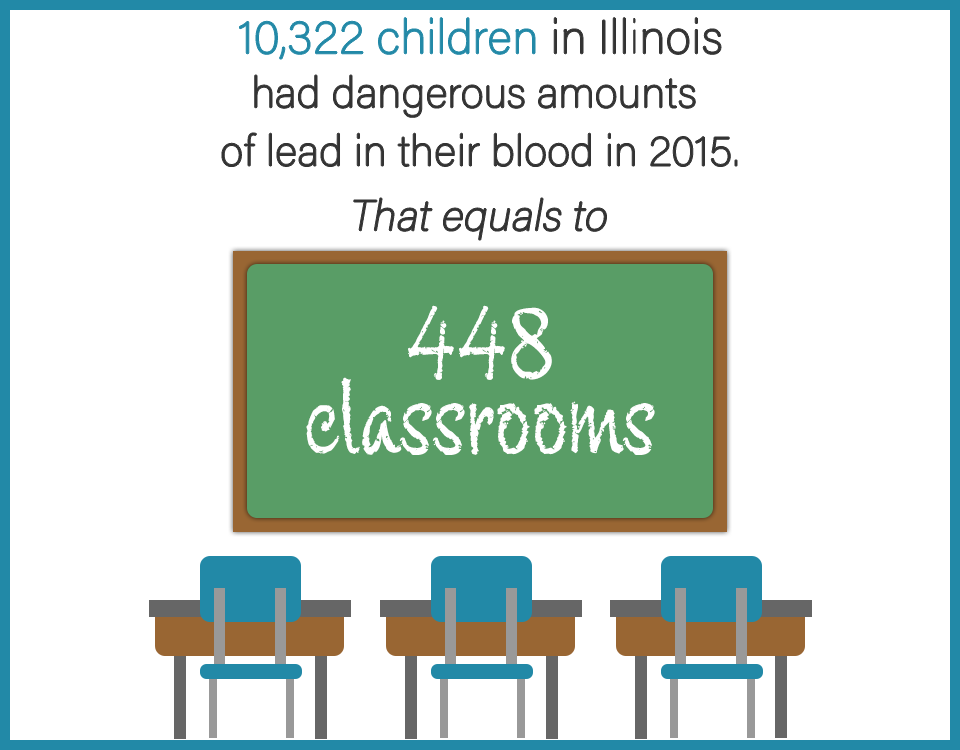New Ways to Combat Lead-Poisoning
In 2015, 10,322 kids in Illinois had elevated lead levels in their blood–and that’s only the kids tested. Many children don’t have access or aren’t eligible for the services necessary to help children after lead exposure. Those services are called Early Intervention.

According to Dr. Nicole Hamp of the University of Chicago Comer Children’s Hospital:
For children who have been poisoned by lead there can be lifelong developmental consequences including lower IQ, decreased academic achievement, and an increased incident of behavioral disorders. However, while the brain of a young child can be more vulnerable to insult, it is also more capable of overcoming injury. Early Intervention (EI) is designed to take advantage of a time in life when the brain is the most plastic and amenable to change.
Through an Illinois Council on Developmental Disabilities (ICDD) grant, Legal Council is launching a pilot program dedicated to breaking systemic barriers to EI services among lead-exposed children. This pilot will work with medical and EI providers and families to develop best practices for training, educating and serving children who have been exposed to lead. Learn more about this pilot and Early Intervention in our press release.
Infographic Sources:
Class Size Around the World, New York Times
2017 Healthy Housing Fact Sheet, National Center for Healthy Housing


